In today's rapidly evolving business landscape, having a robust corporate governance policy is more essential than ever. It not only fosters transparency and accountability but also builds trust with stakeholders. Crafting an effective policy can seem daunting, but it serves as the backbone of an organization's ethical framework and operational practices. Curious to discover the key components of a successful corporate governance policy? Read on!

Compliance with Regulations
Corporate governance policies ensure compliance with regulations set by entities such as the Securities and Exchange Commission (SEC) and International Financial Reporting Standards (IFRS). Timely audits, often conducted annually, help organizations address financial discrepancies while maintaining transparency. Detailed record-keeping practices, including documentation of board meetings and decisions, safeguard against legal challenges. Risk management frameworks identify potential compliance issues, enabling proactive strategies to mitigate them. Regular training sessions for employees about regulatory updates foster a culture of accountability and ethical behavior within the organization. Ultimately, a robust compliance framework enhances stakeholder confidence, supporting business sustainability and reputation.
Board Responsibilities
Corporate governance policies outline the essential framework within which a company's board of directors operates. The board of directors holds pivotal responsibilities that include overseeing the company's strategic direction, ensuring compliance with legal and regulatory frameworks, and safeguarding the interests of shareholders and stakeholders alike. Key duties involve monitoring company performance metrics such as financial results and operational efficiency, ensuring ethical standards are upheld to maintain integrity, and engaging in risk management practices to mitigate potential threats to the organization. Regular evaluations of board effectiveness and the implementation of succession planning for key executive roles are crucial for maintaining a robust governance structure. The role of the board entails collaboration with management teams and advisory committees, fostering transparency, accountability, and ethical decision-making across the organization's operations.
Risk Management
A comprehensive corporate governance policy is crucial for effective risk management within organizations. Identifying risks (financial, operational, regulatory) is essential for sustainability. The board of directors plays a pivotal role in overseeing risk management practices, ensuring compliance with relevant standards such as ISO 31000. Regular risk assessments (annually or biannually) should be conducted to evaluate potential impacts on business objectives. A dedicated risk management committee can enhance accountability, providing reports on risk exposures and mitigation strategies to stakeholders. Establishing a risk culture promotes awareness among employees, fostering a proactive approach to identifying and managing risks at all levels of the organization. Documentation of risk management processes is vital for transparency and continuity in addressing challenges, particularly in high-stakes industries like finance or healthcare.
Stakeholder Engagement
Stakeholder engagement is a critical aspect of corporate governance that fosters transparency and builds trust between the organization and its diverse stakeholders, including investors, employees, customers, suppliers, and the community. Effective engagement strategies often include regular communication through reports and meetings, which can enhance understanding of corporate objectives and performance. Stakeholder input is invaluable for decision-making processes, ensuring that diverse perspectives are considered in strategic planning. Additionally, implementing feedback mechanisms, such as surveys or focus groups, allows organizations to gauge stakeholder sentiment and adapt policies accordingly. Engaging with stakeholders can also drive corporate social responsibility initiatives, aligning business practices with societal expectations and promoting sustainable development.
Ethical Conduct Standards
Corporate governance policies must include ethical conduct standards to ensure integrity within organizations. Defined ethical codes establish expectations for employee behavior, promoting honesty, and accountability. High-profile events, such as the Enron scandal (2001), highlighted the consequences of unethical practices, prompting stricter regulations like the Sarbanes-Oxley Act. Such policies guide employees in navigating complex situations, including conflicts of interest or reporting misconduct. Organizations also enhance transparency by implementing whistleblower protections, allowing individuals to report unethical behavior without fear of retaliation. Regular training sessions and assessments reinforce the importance of ethical conduct in creating a positive corporate culture, ultimately fostering trust among stakeholders and improving overall performance.

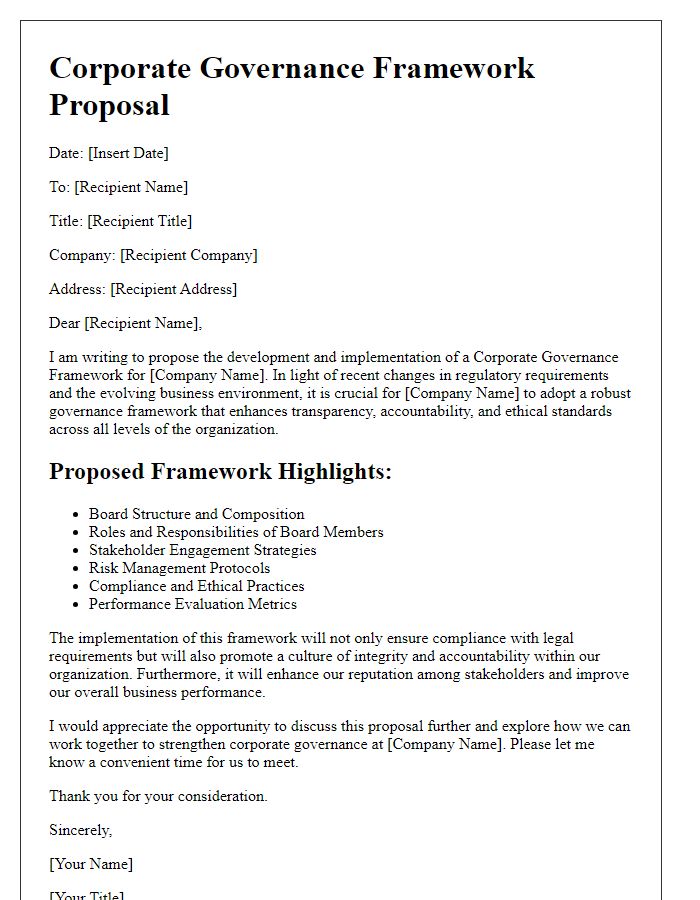
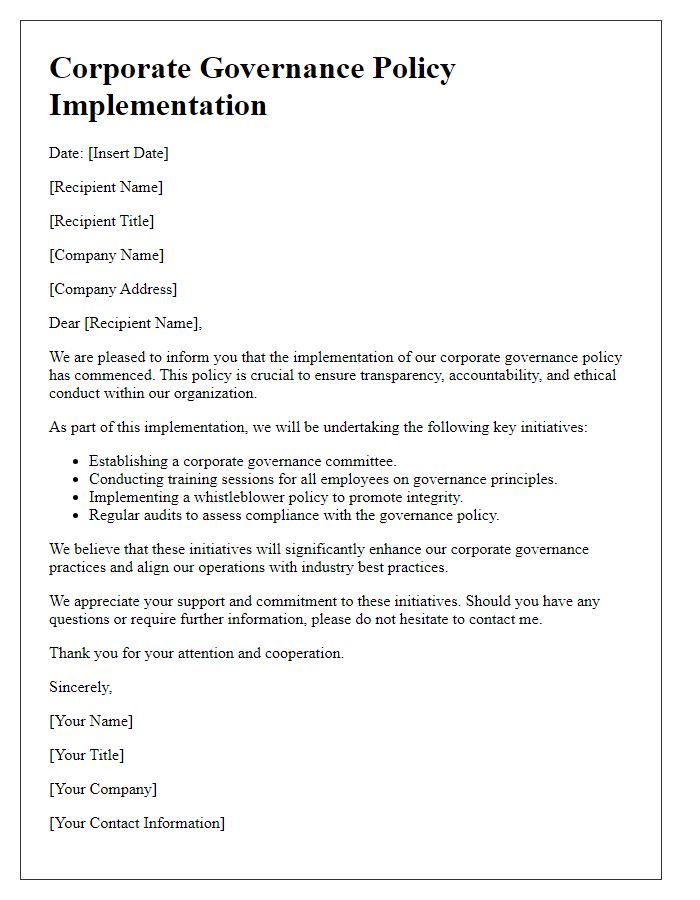
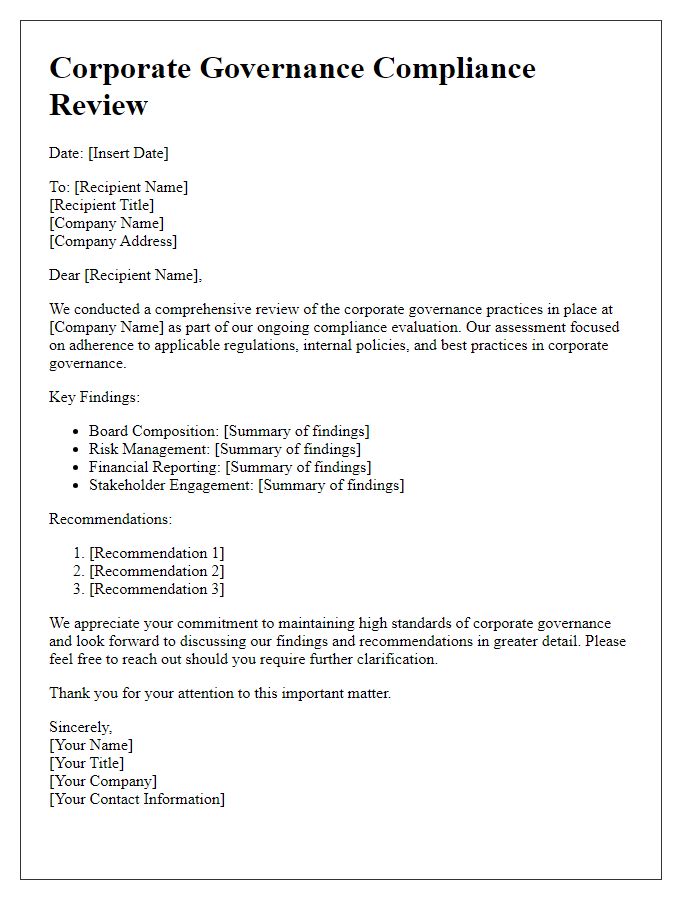
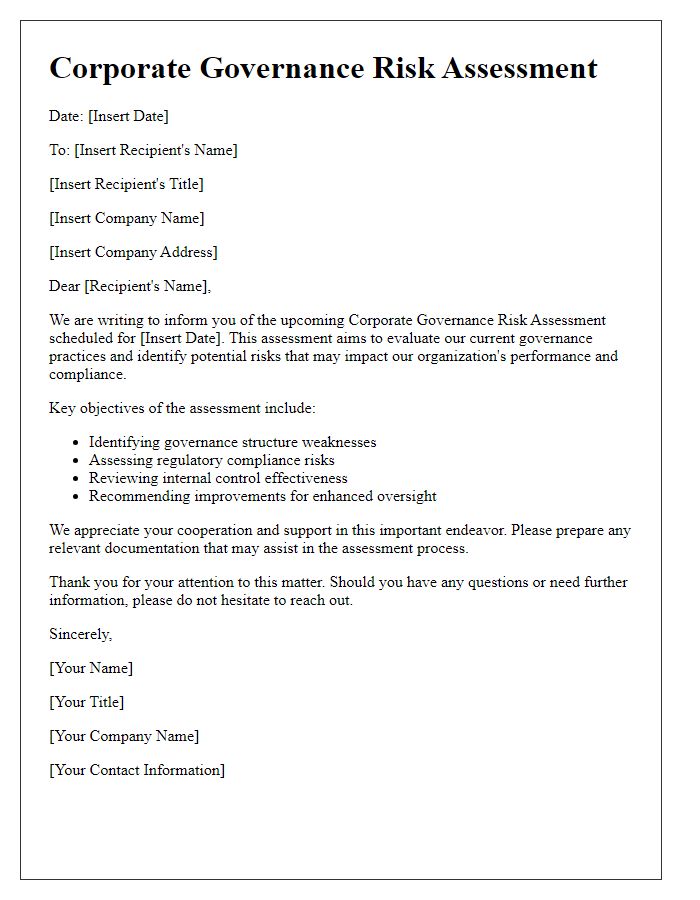
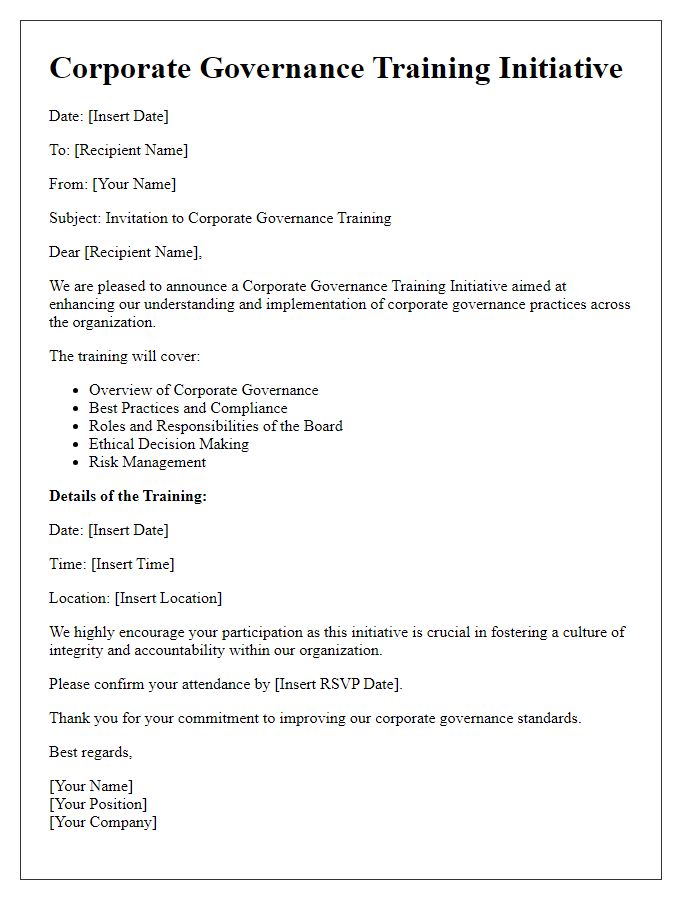

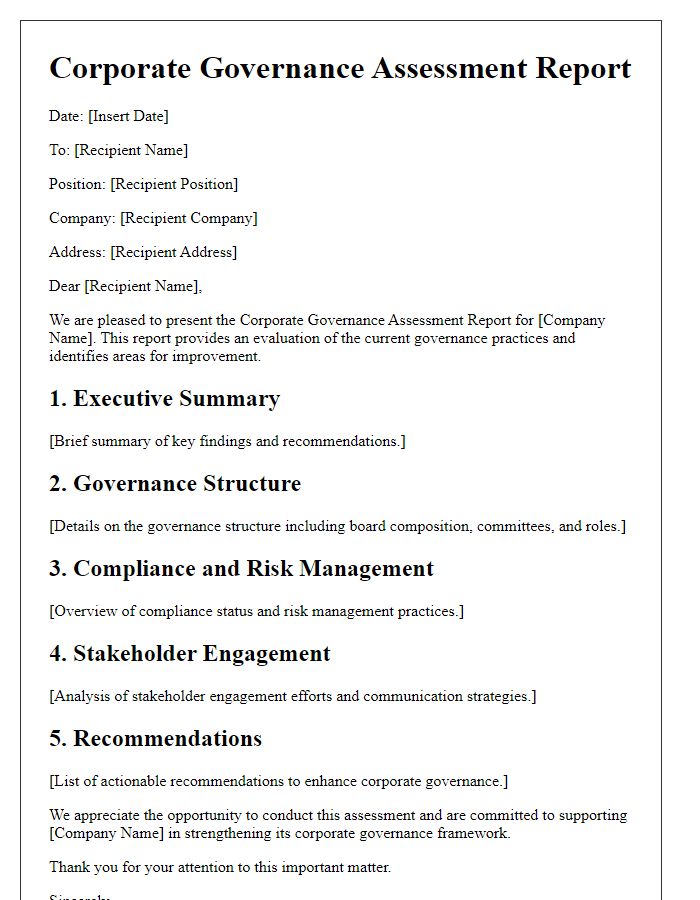
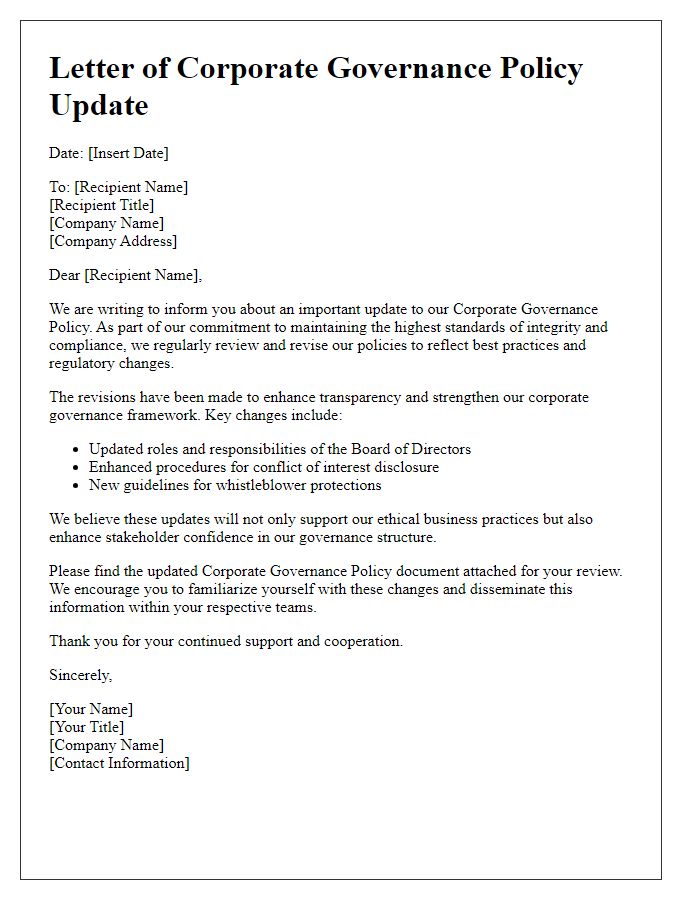
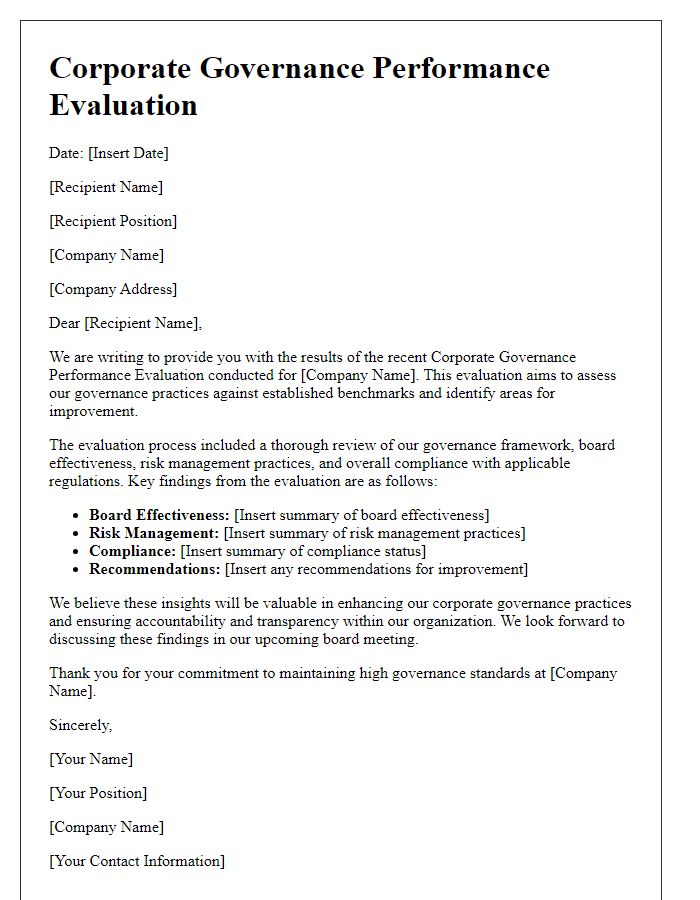



Comments